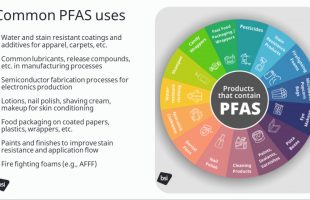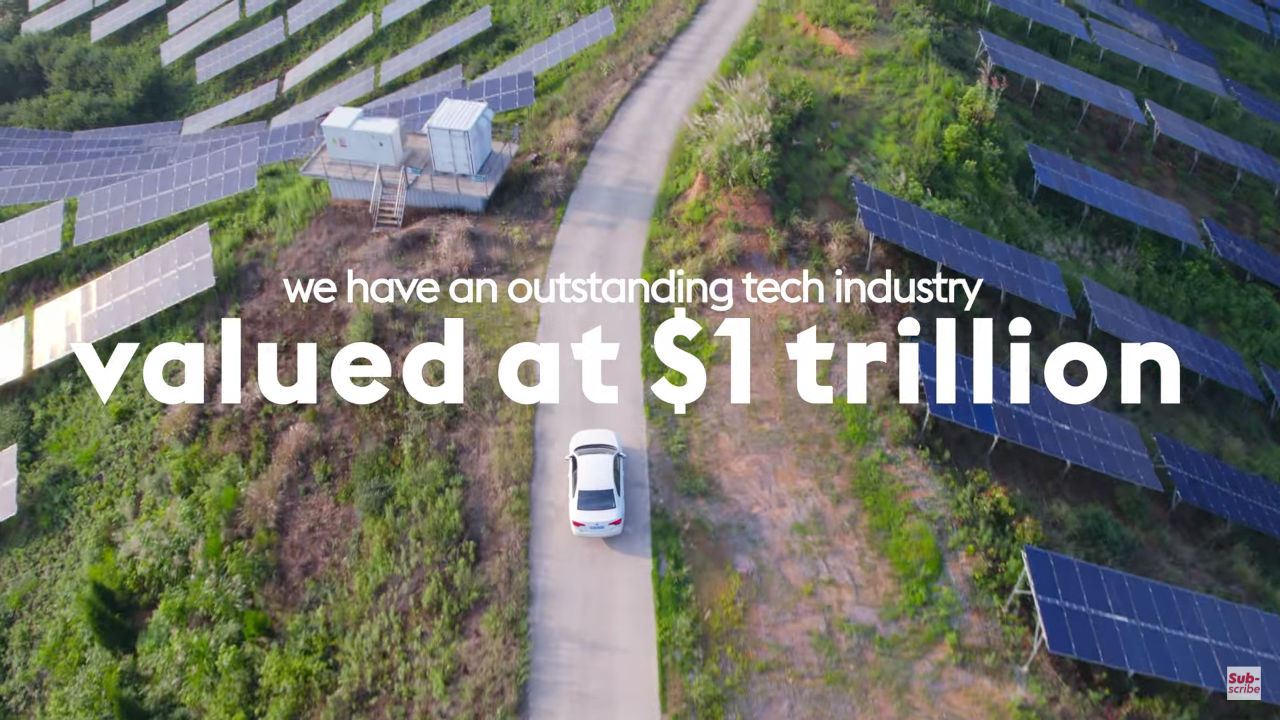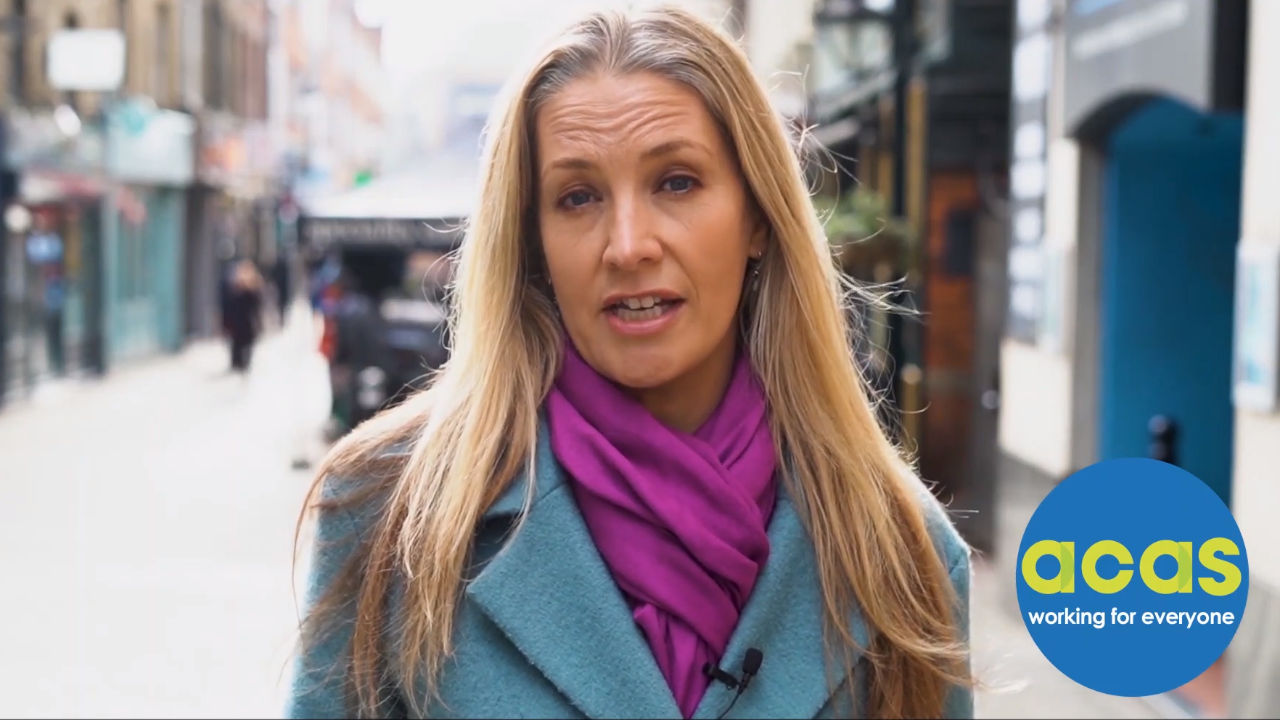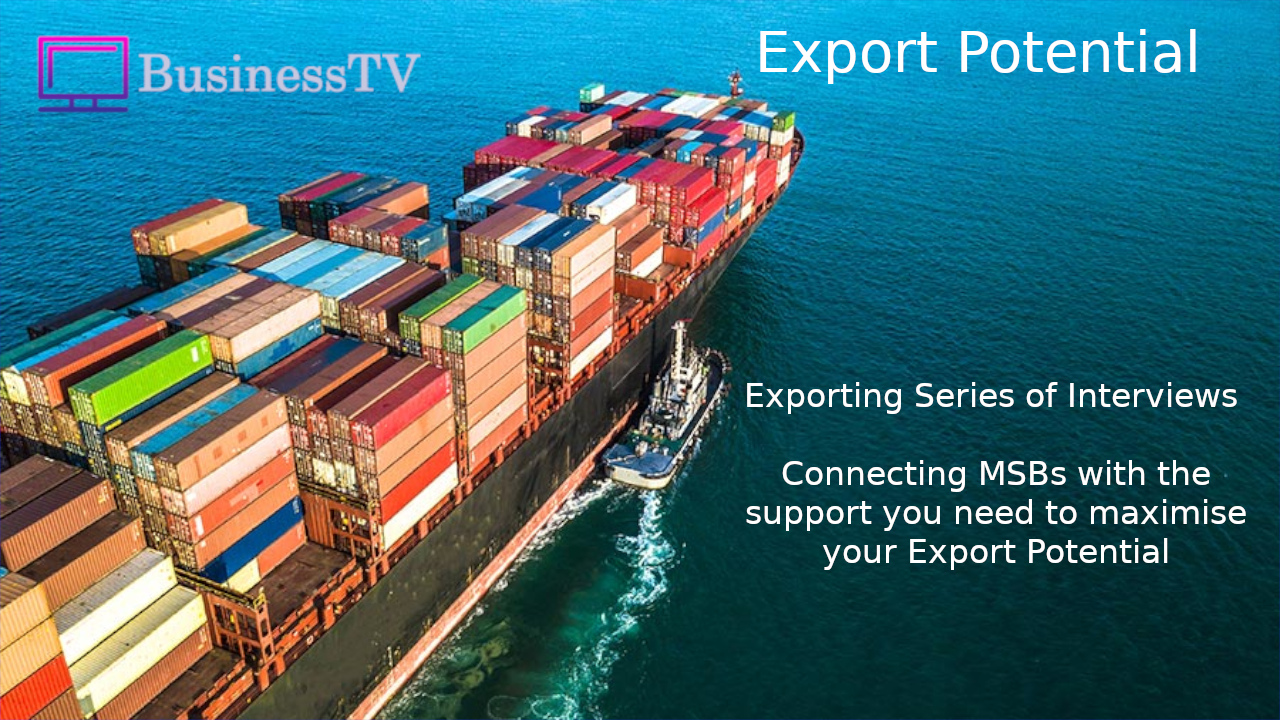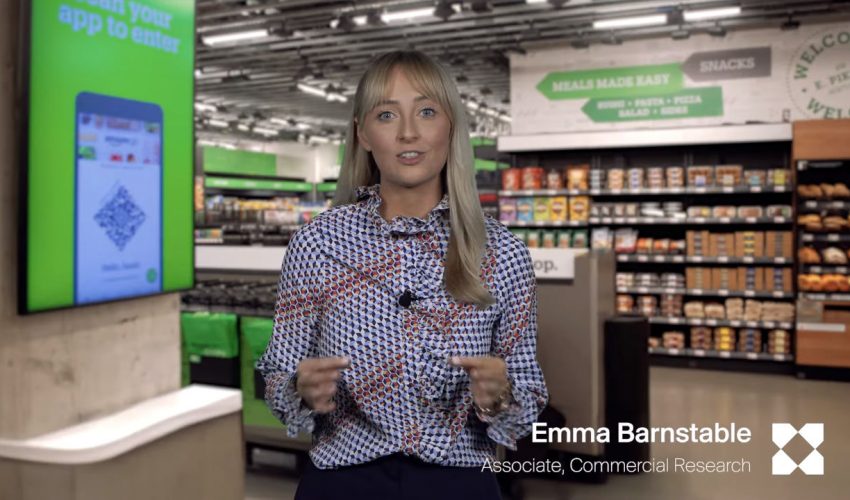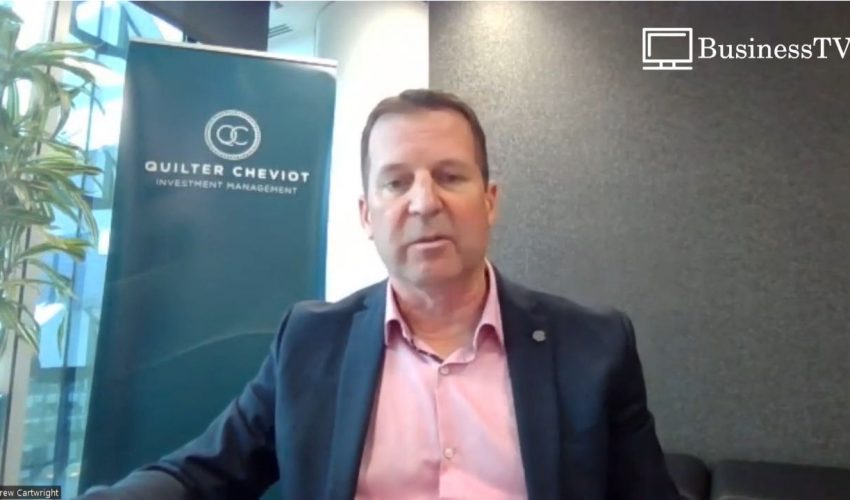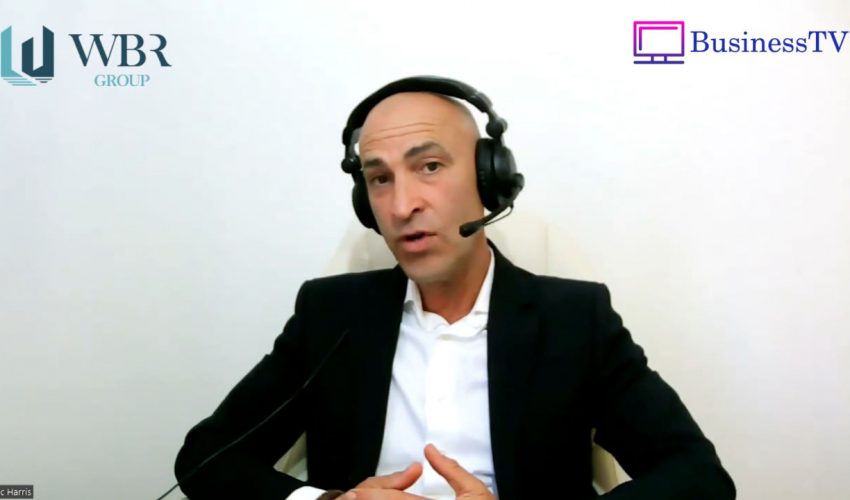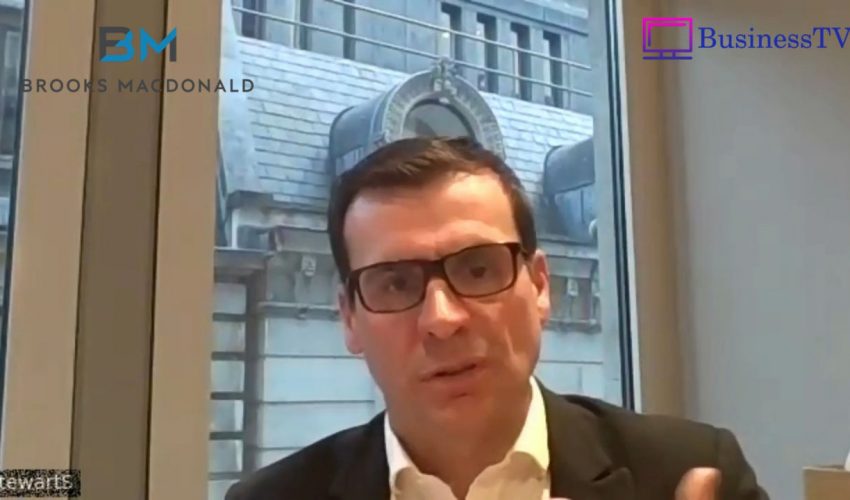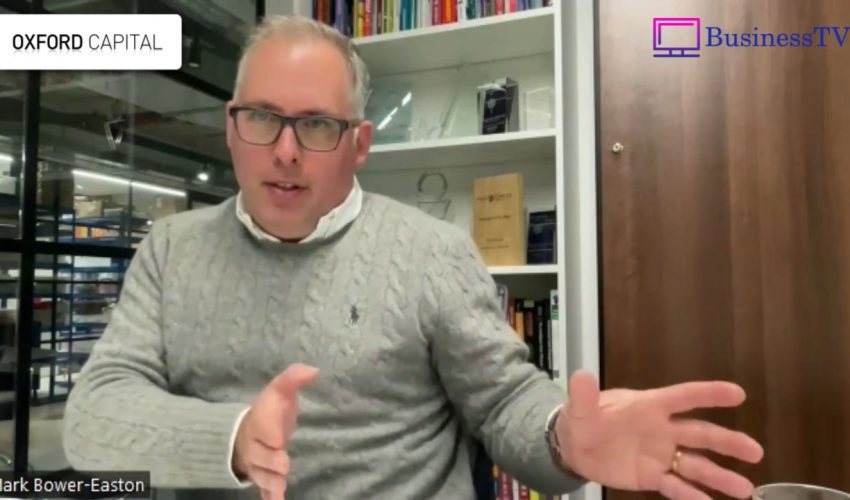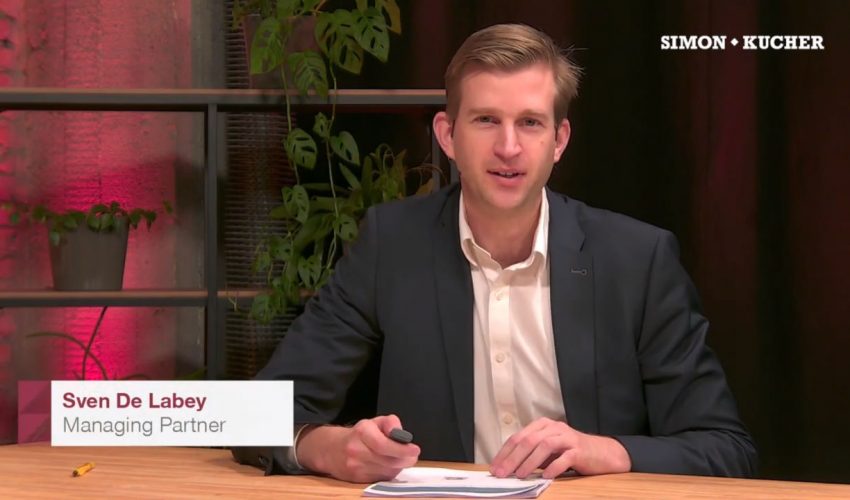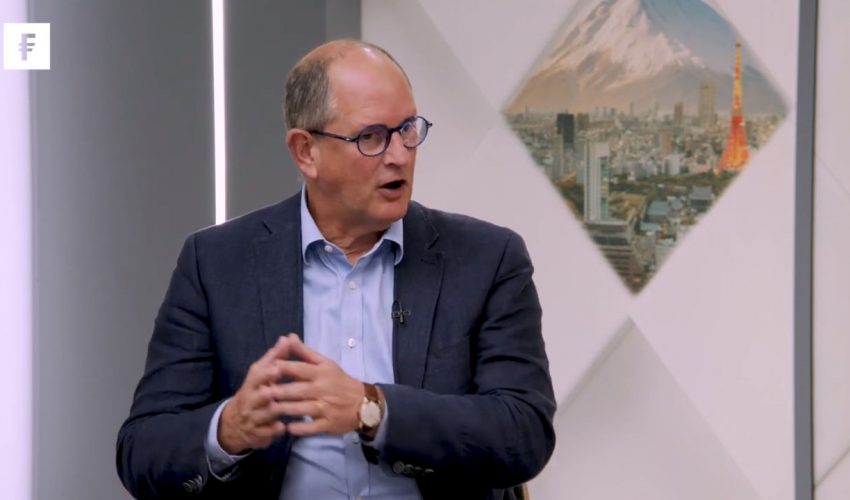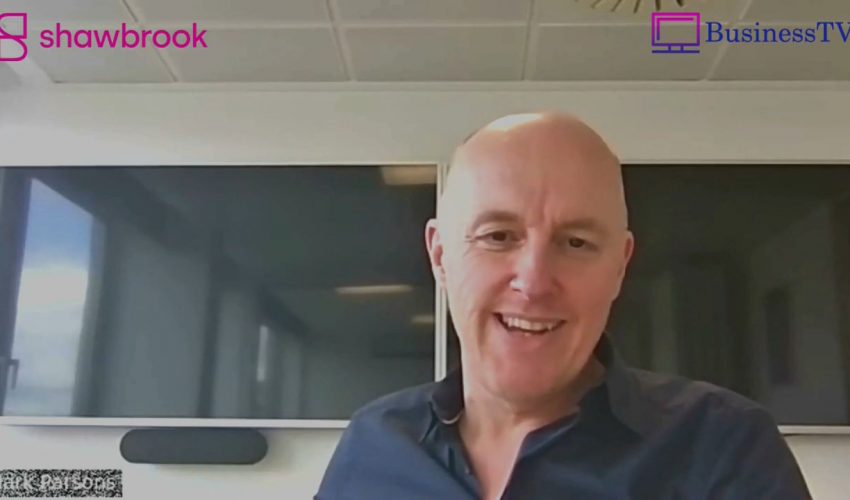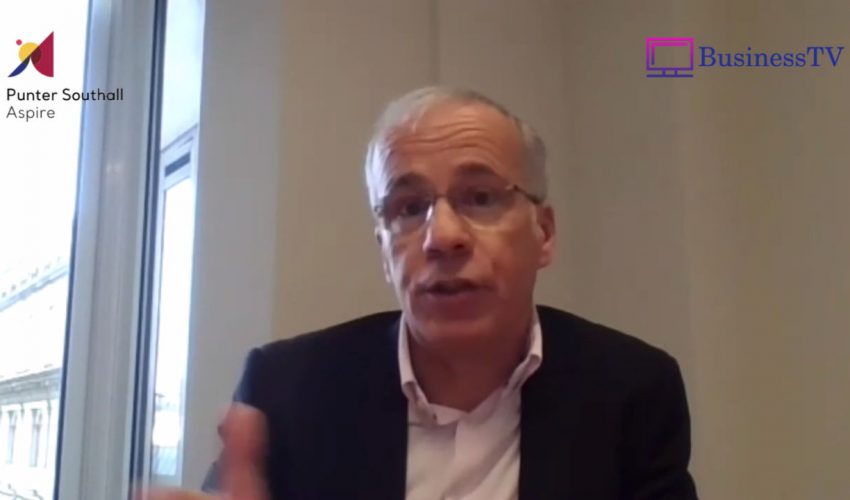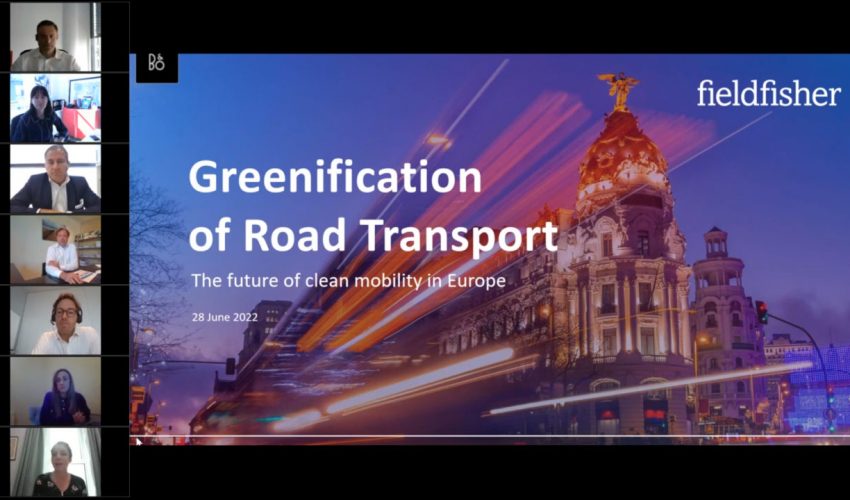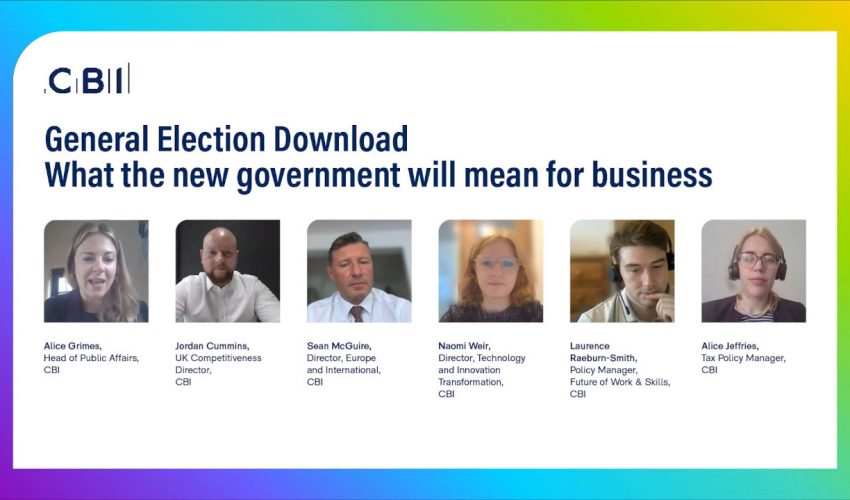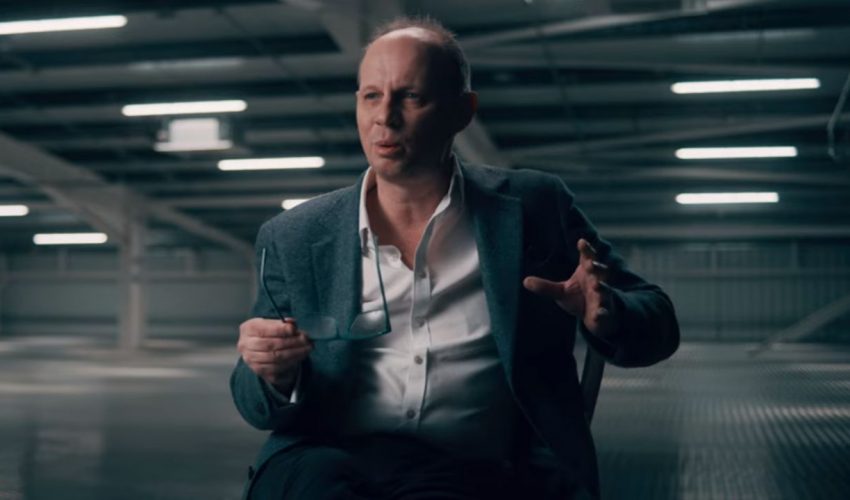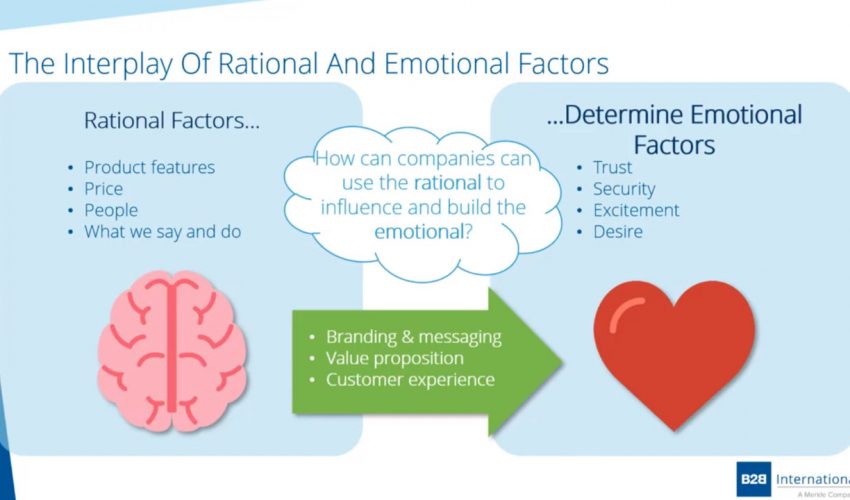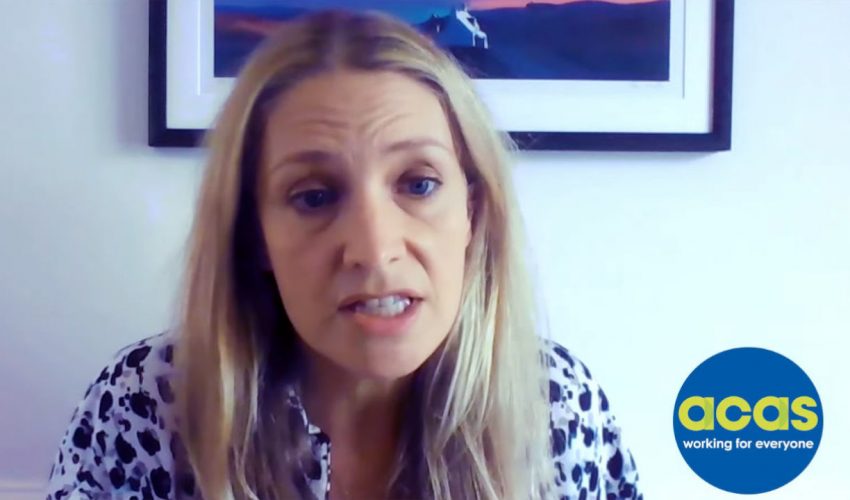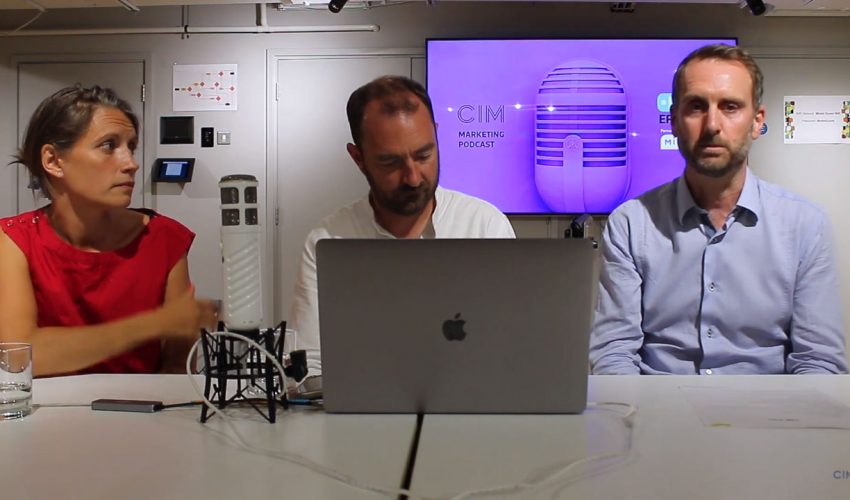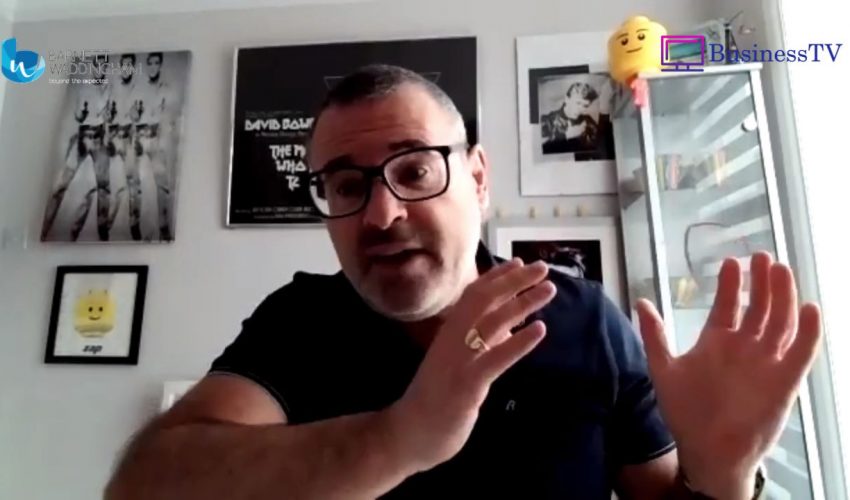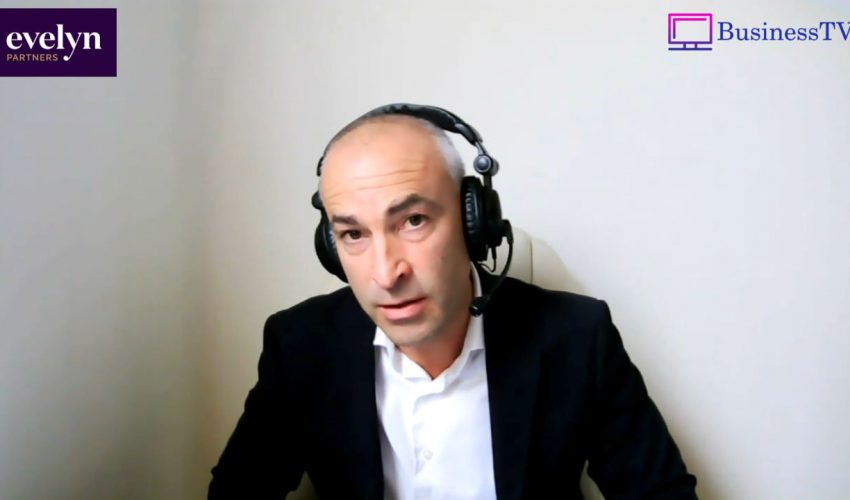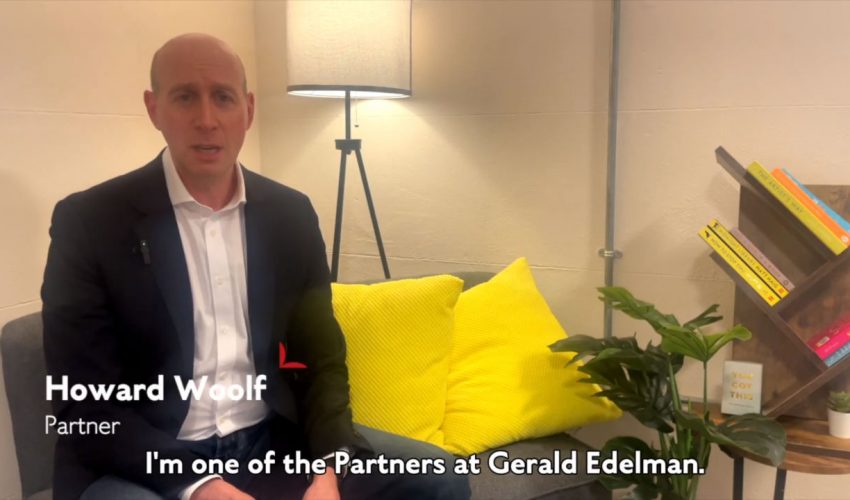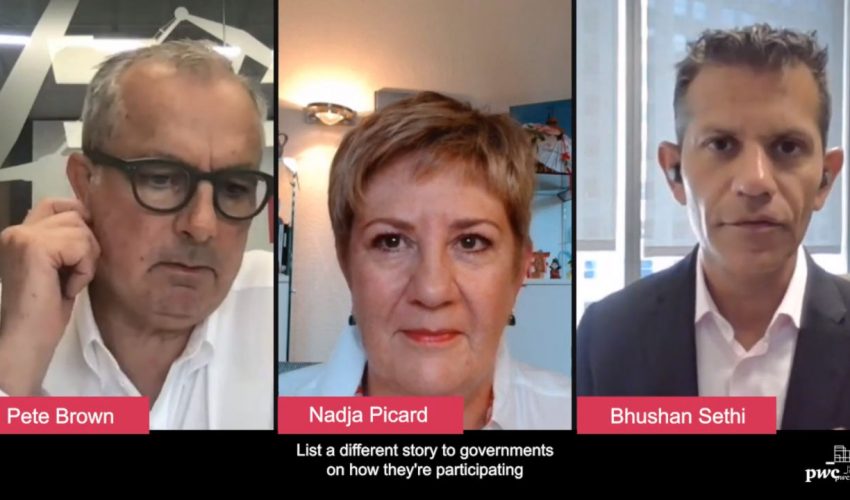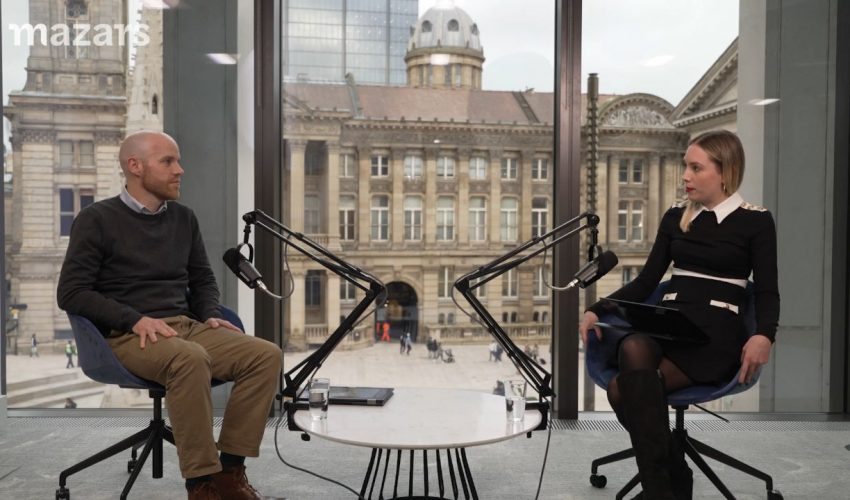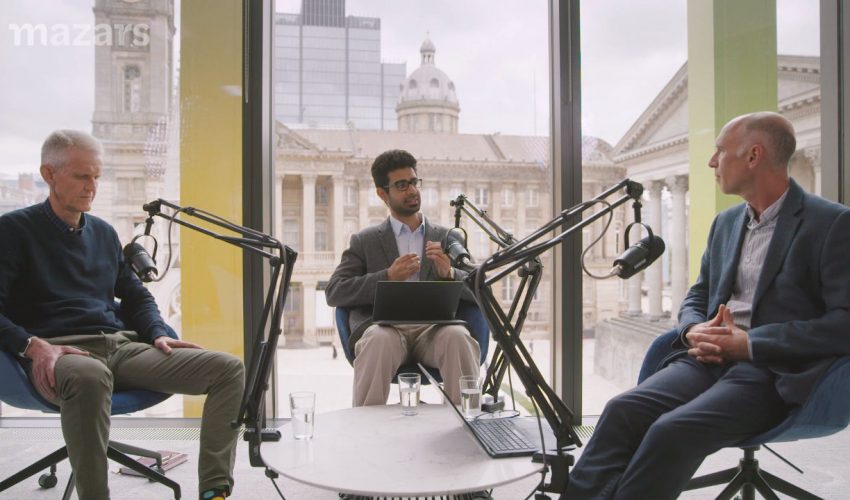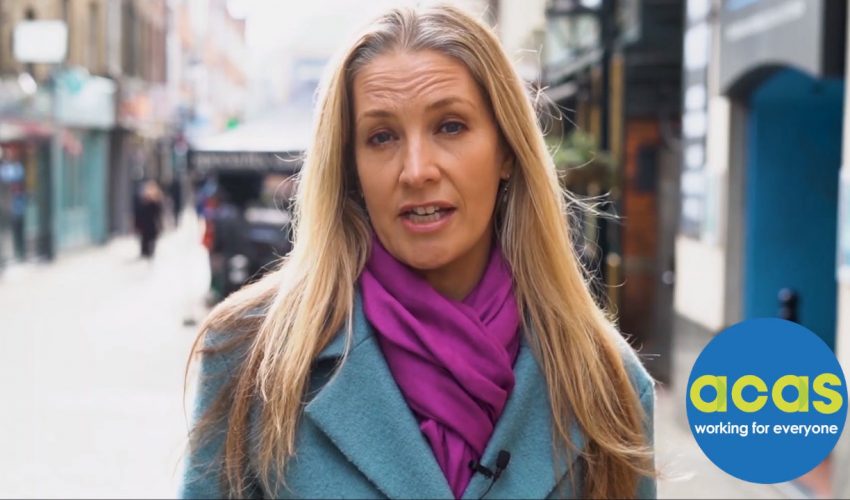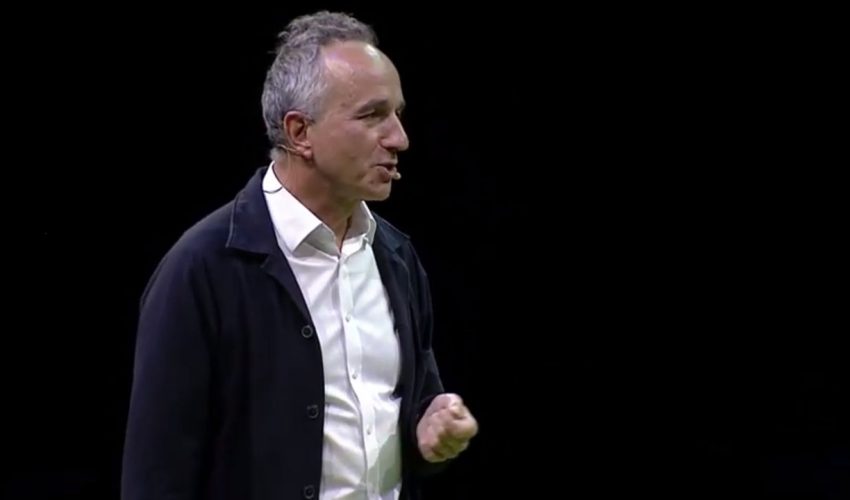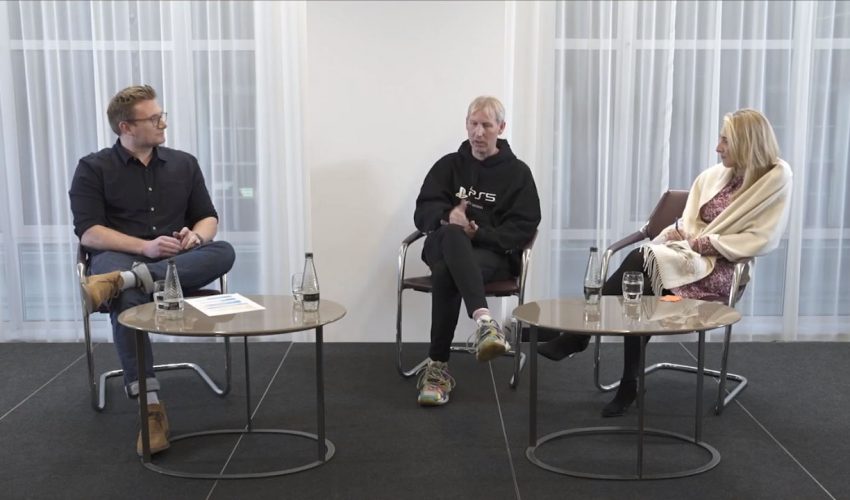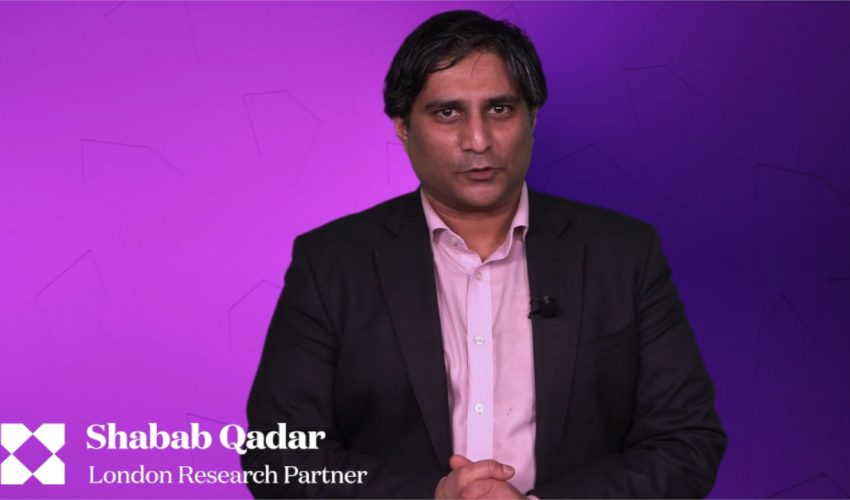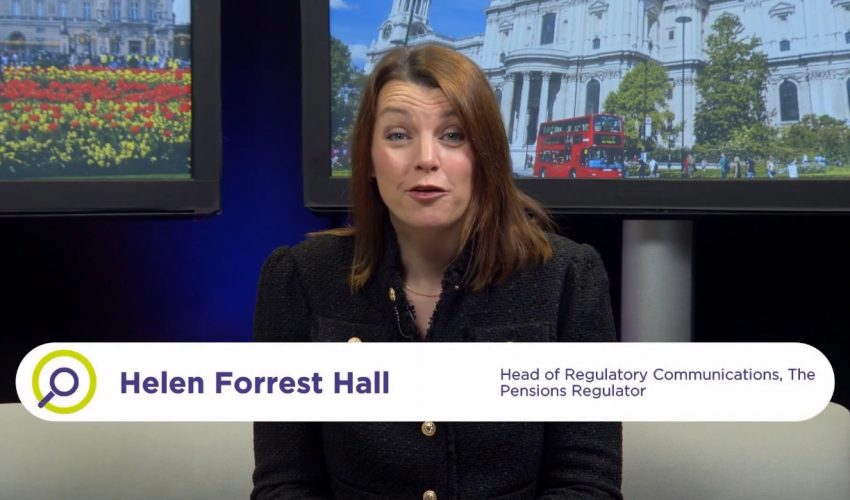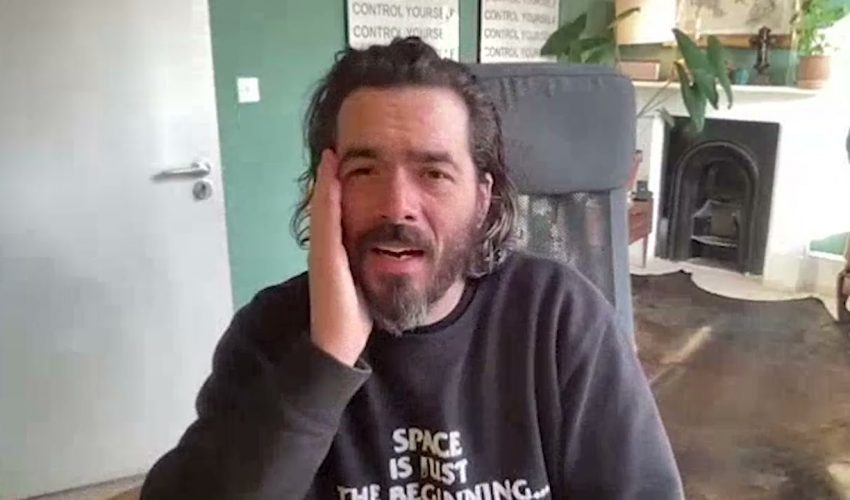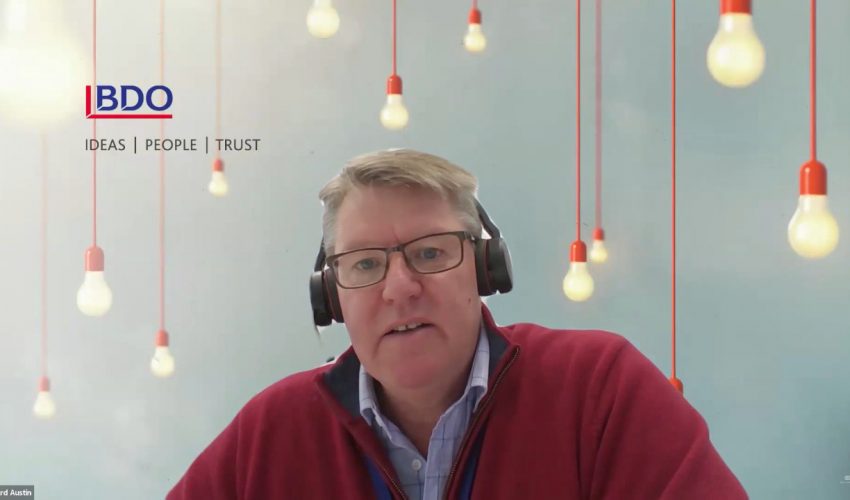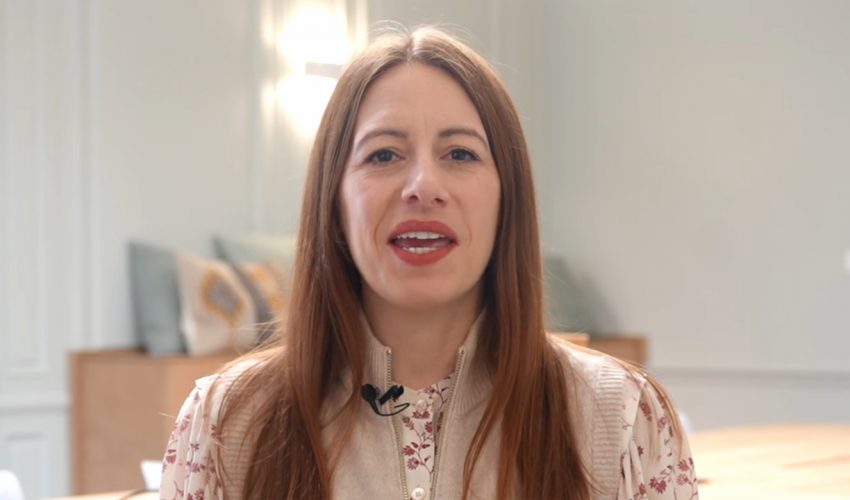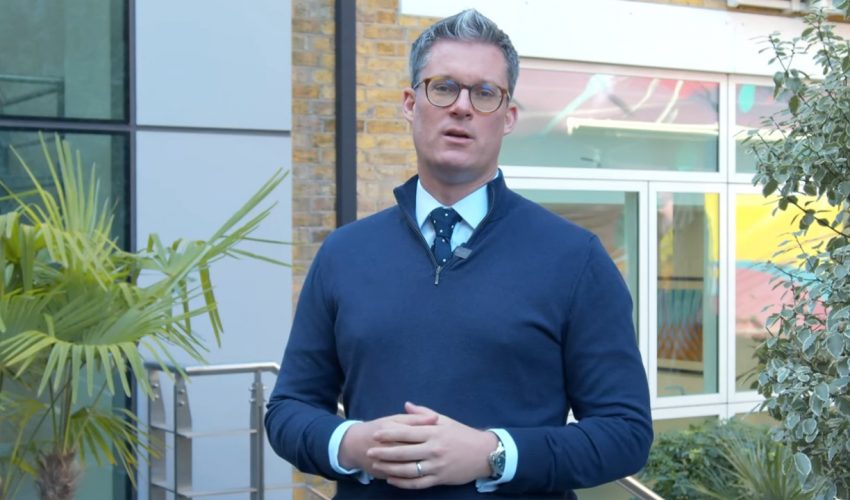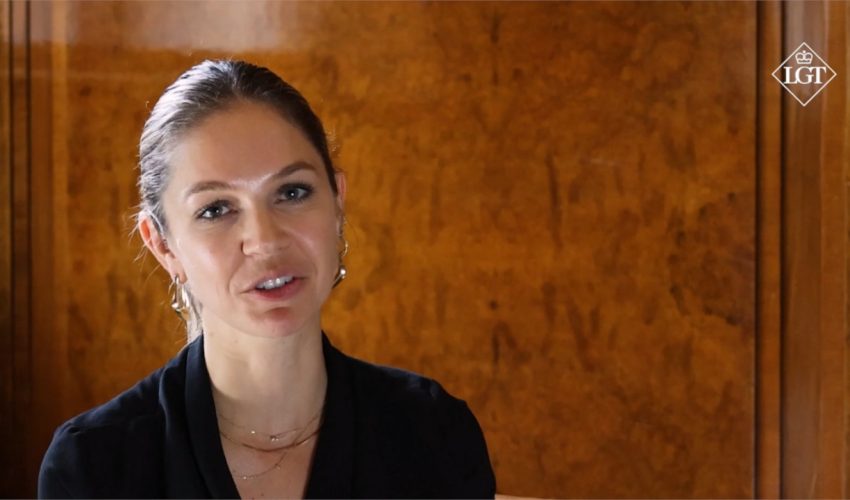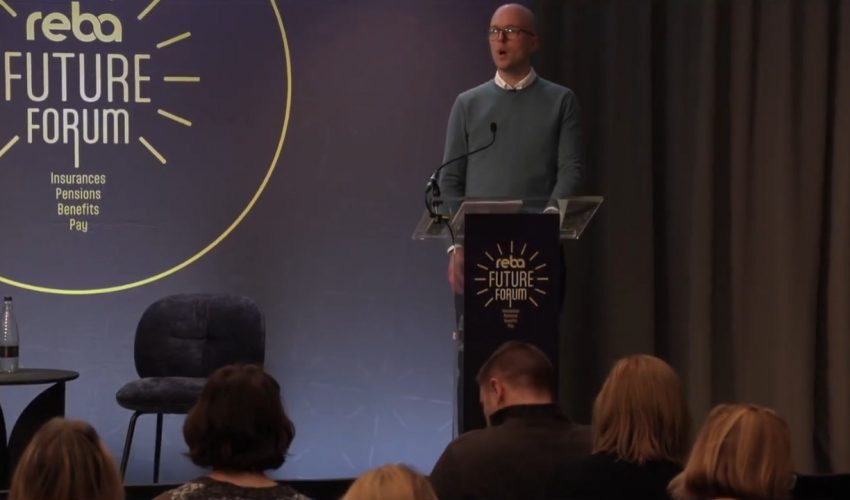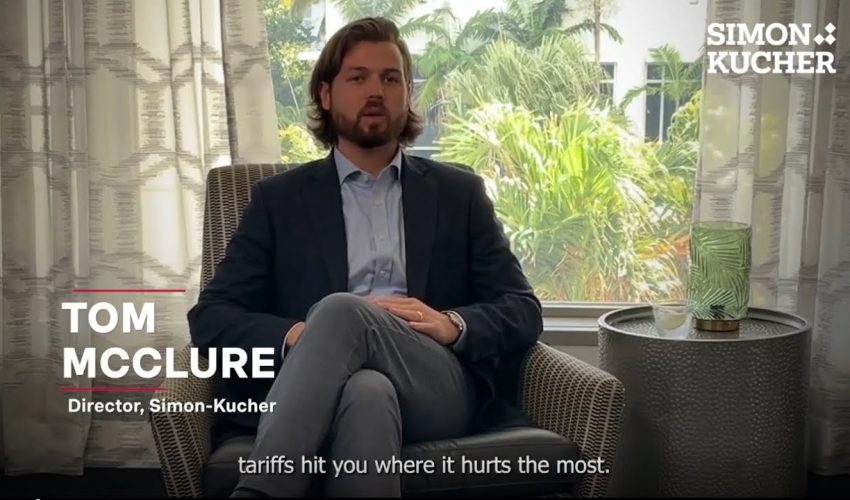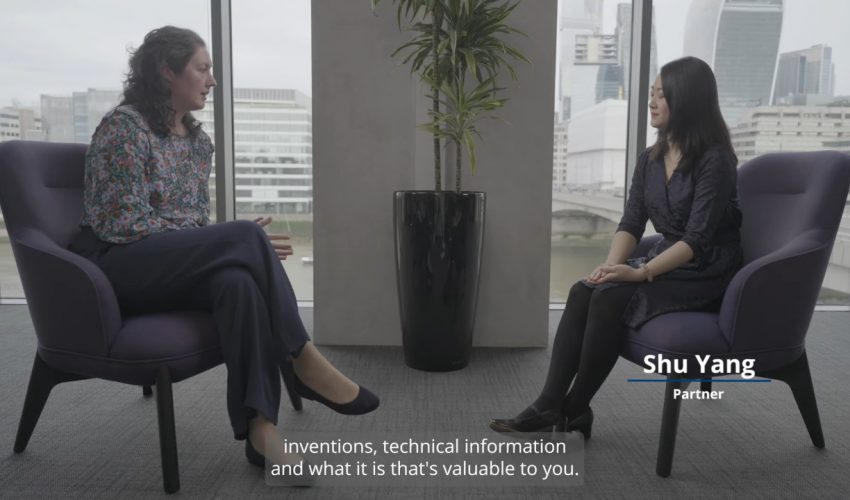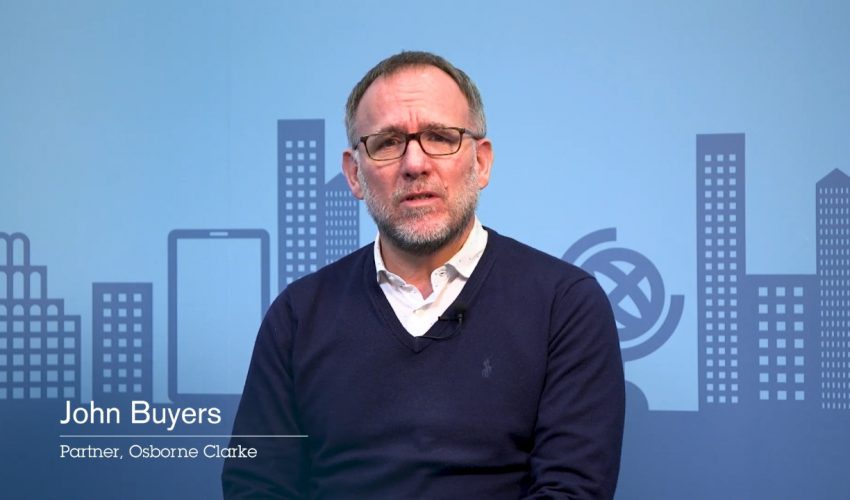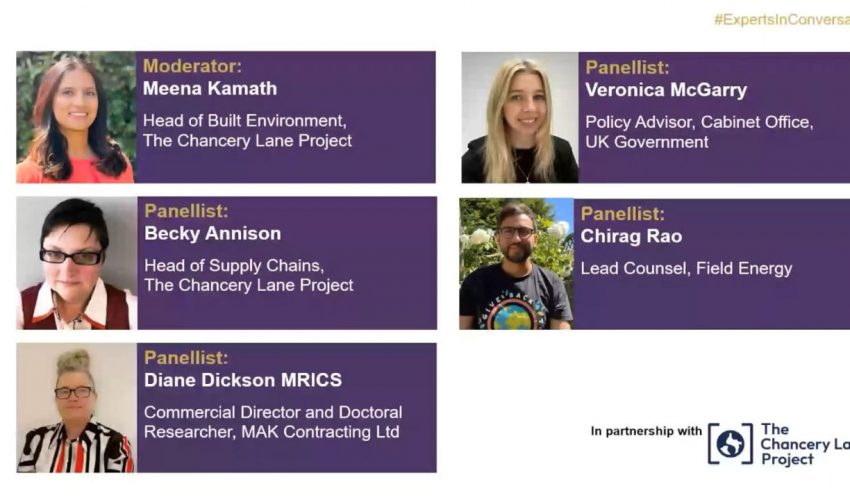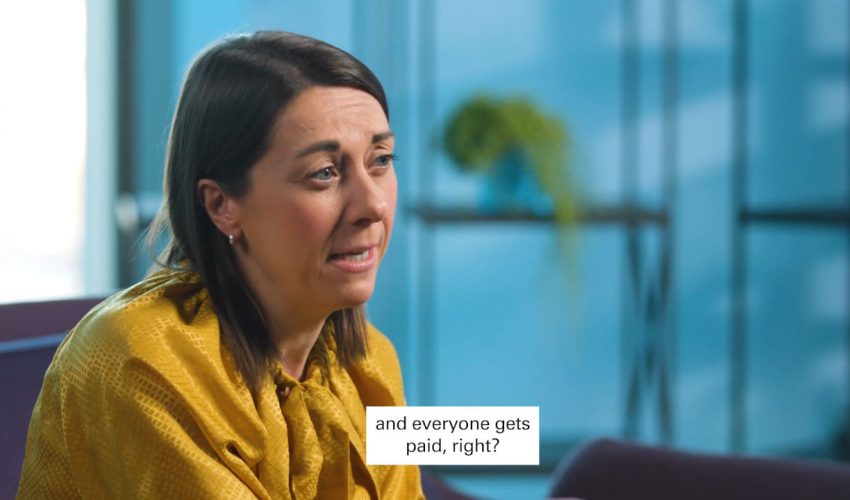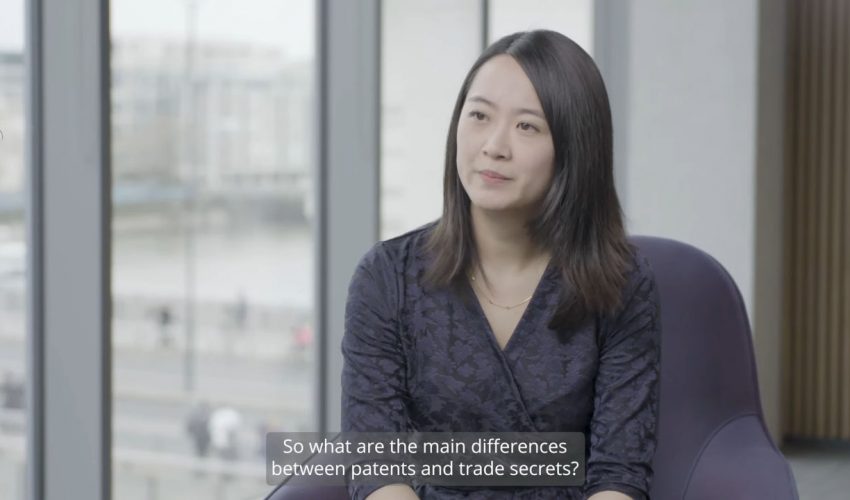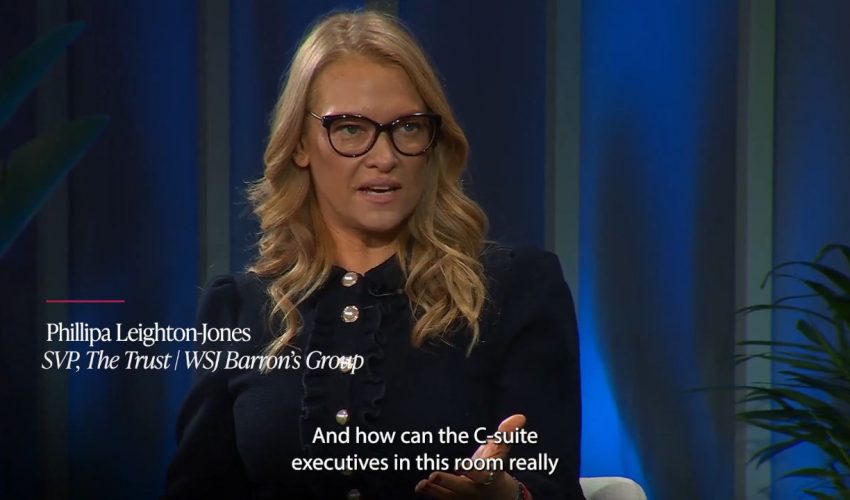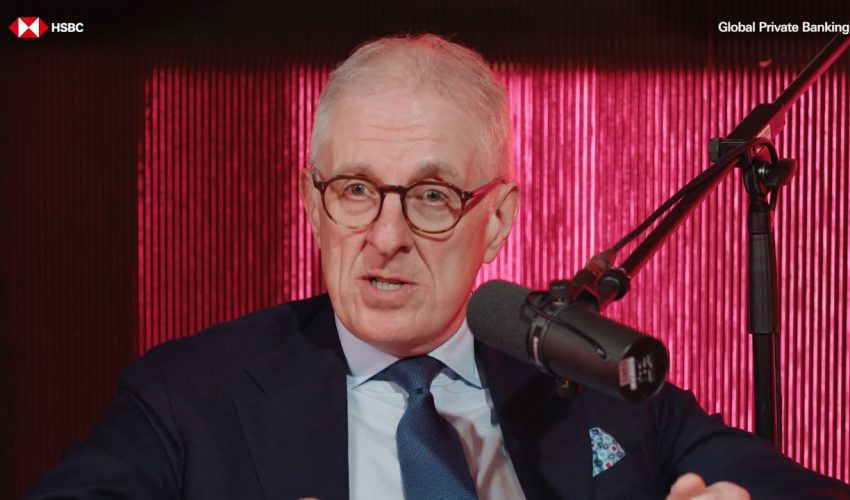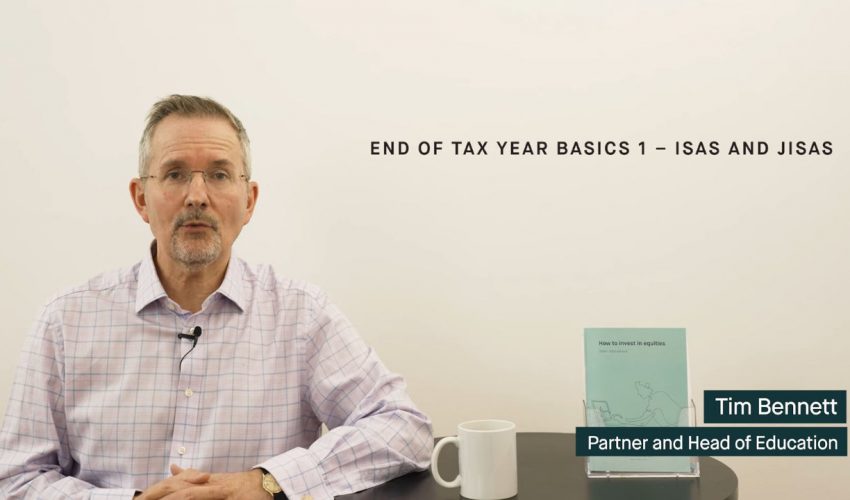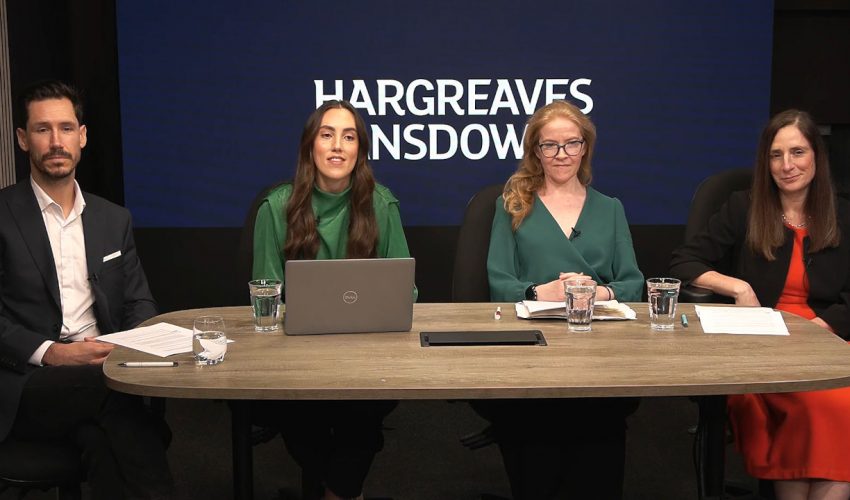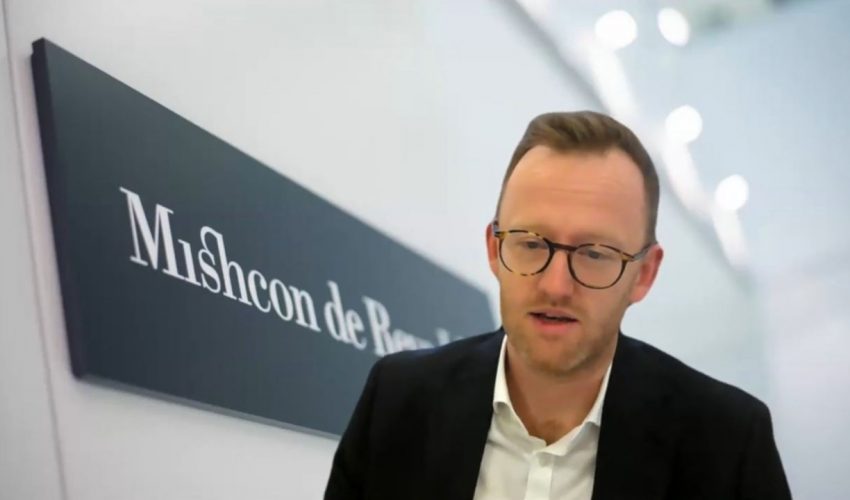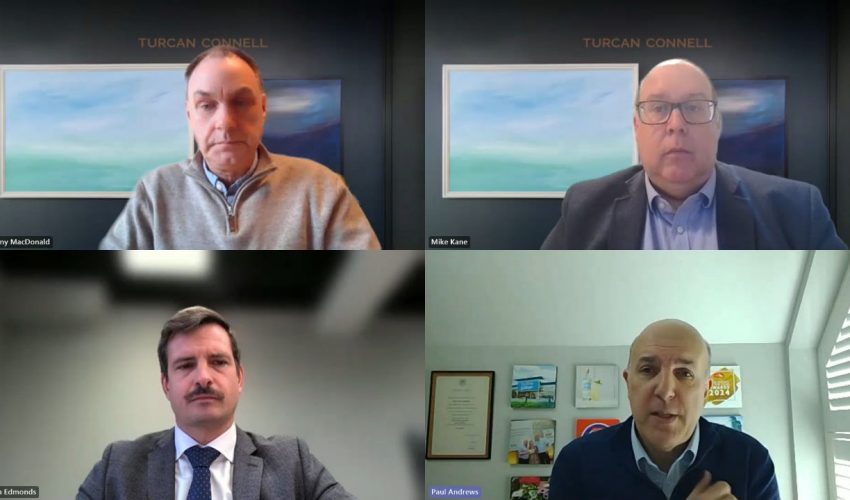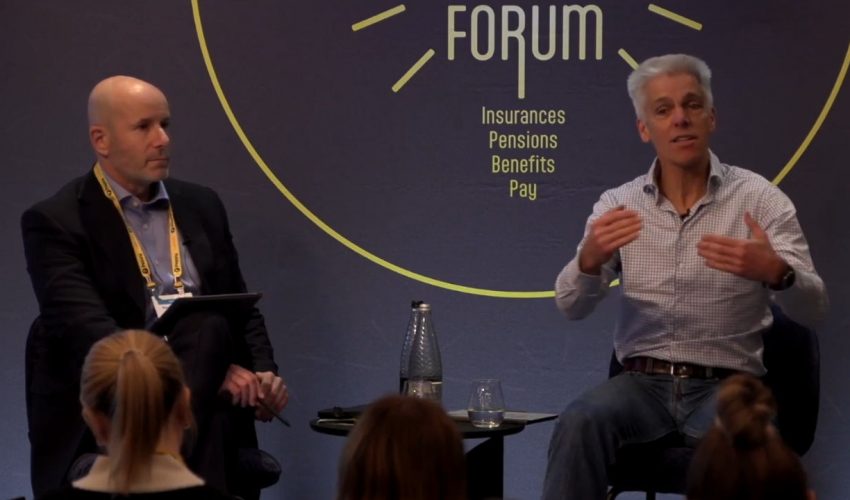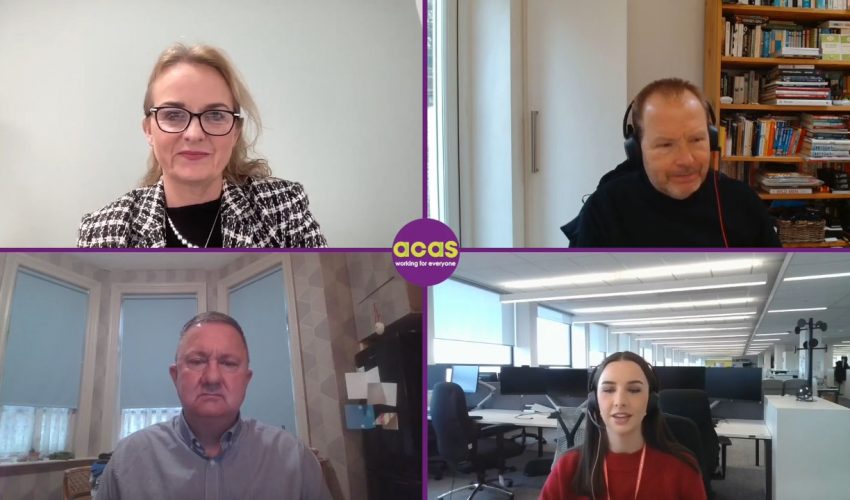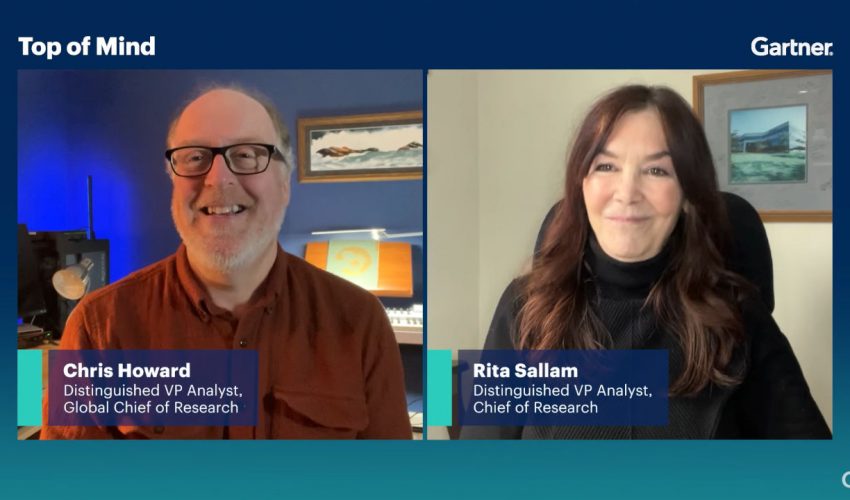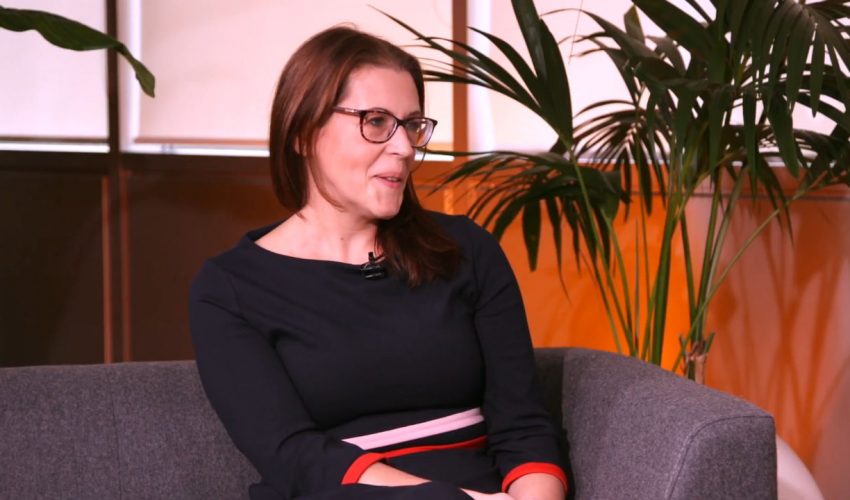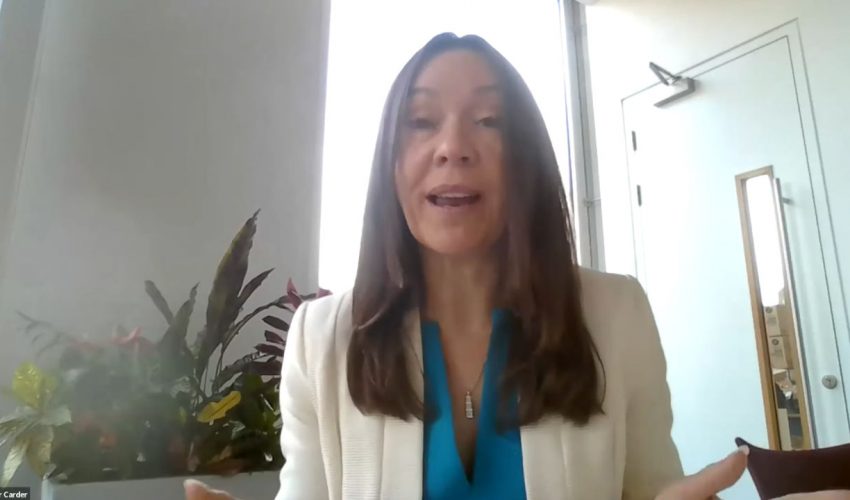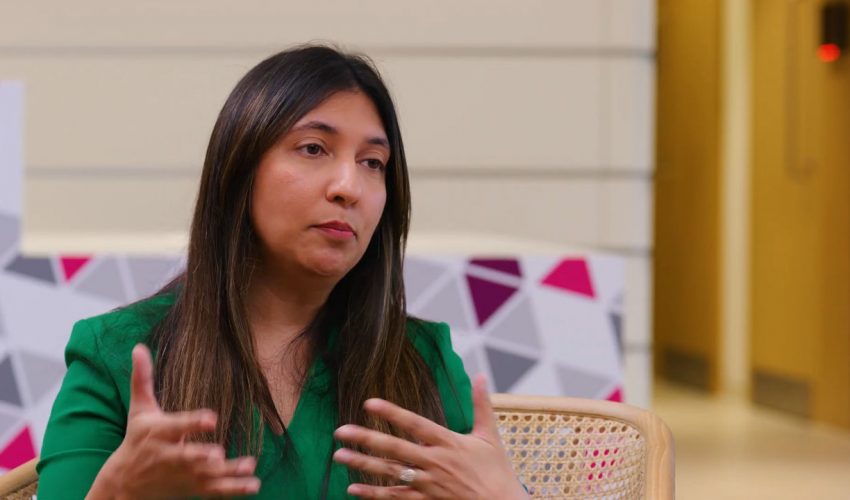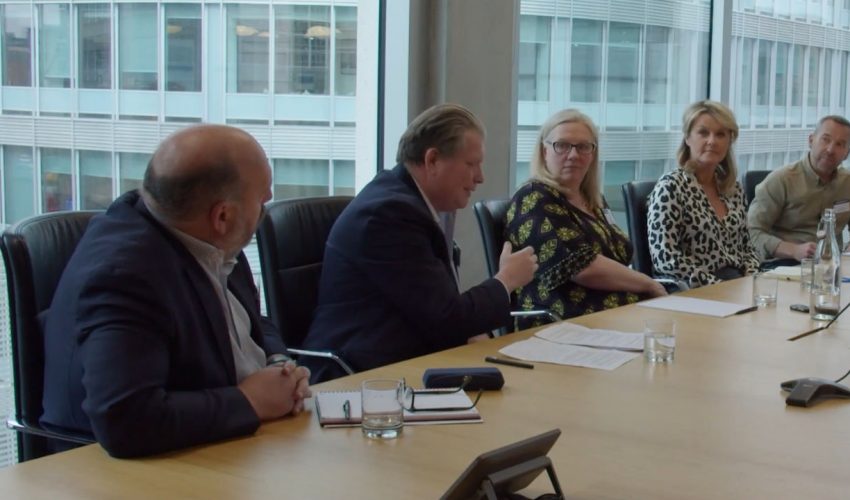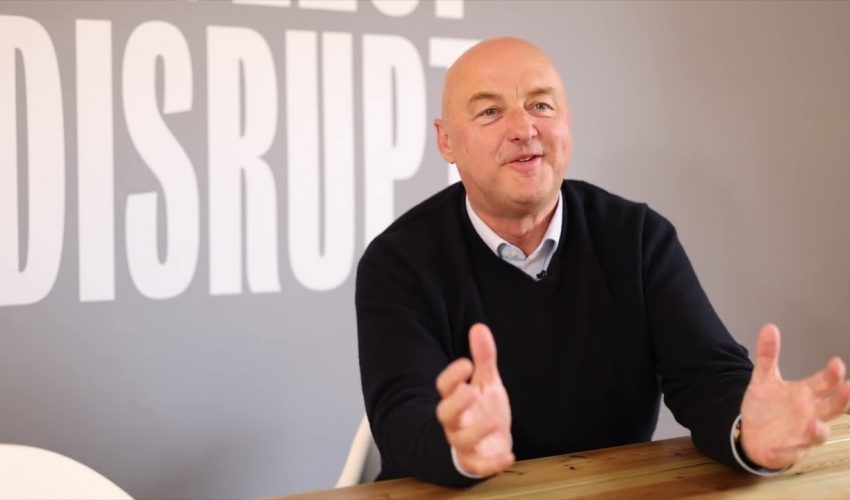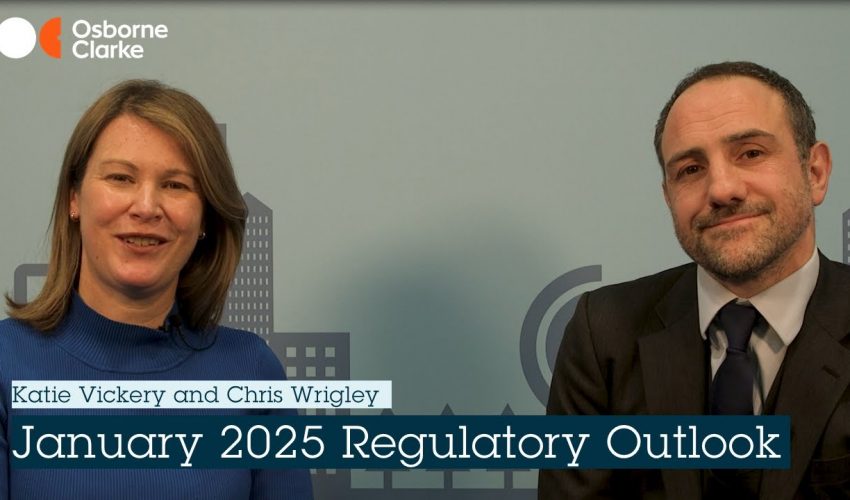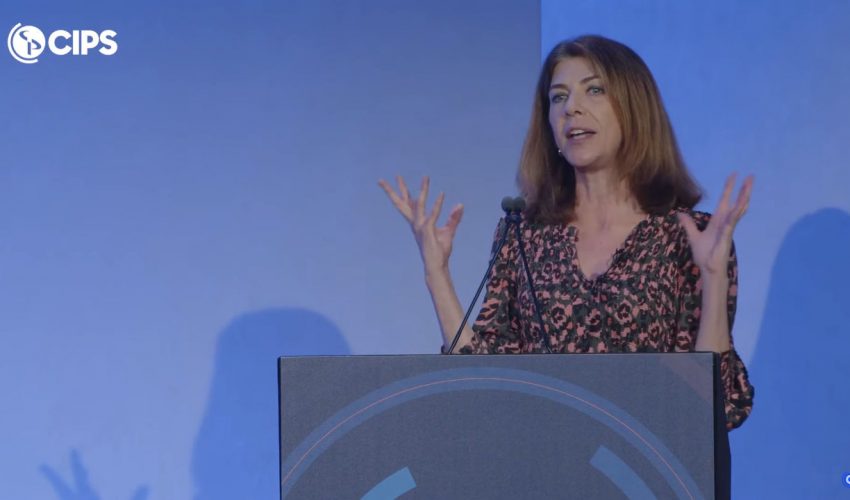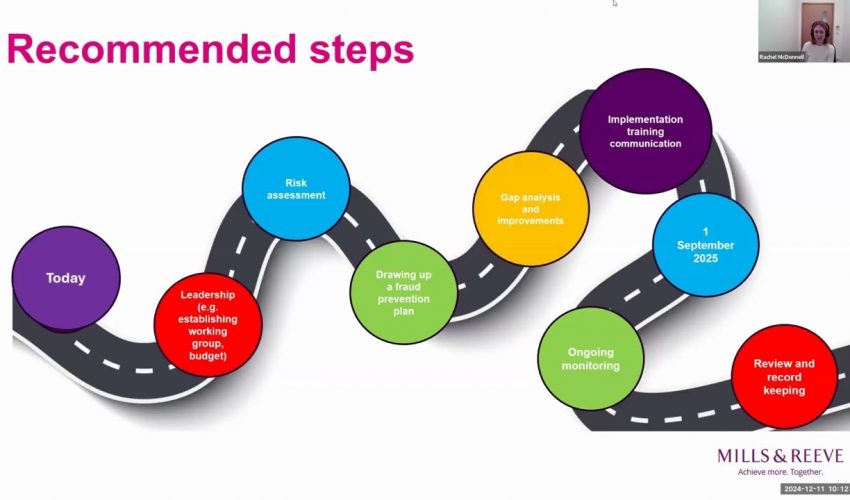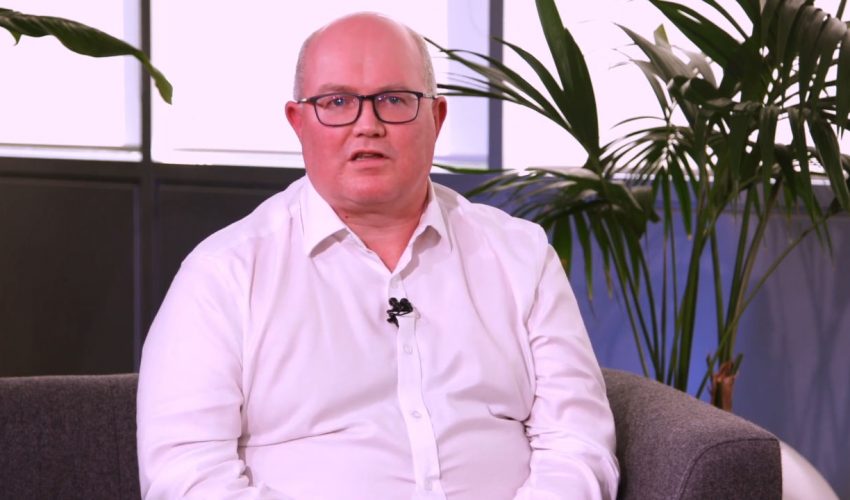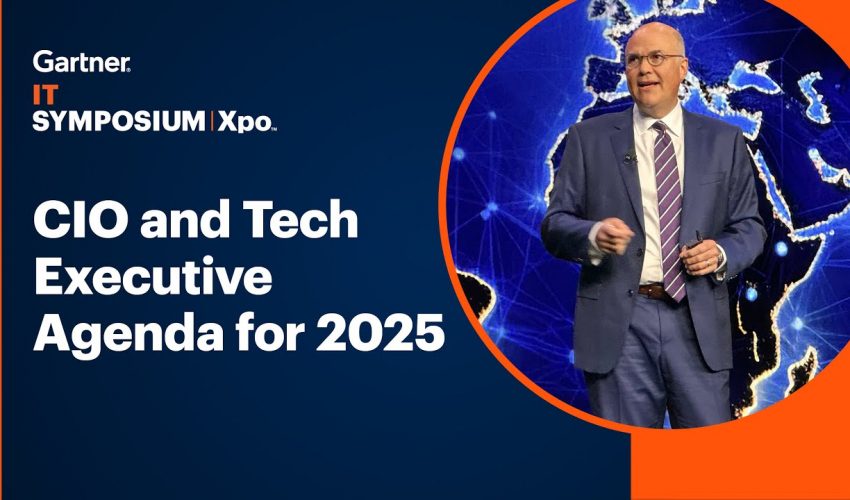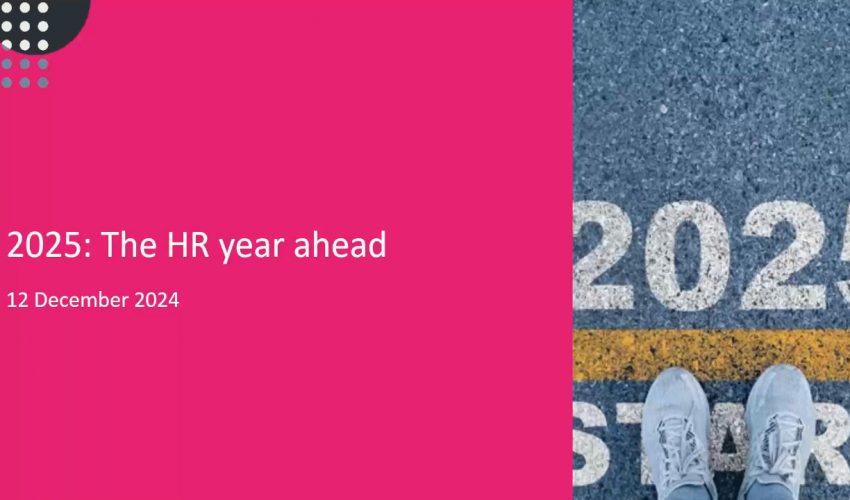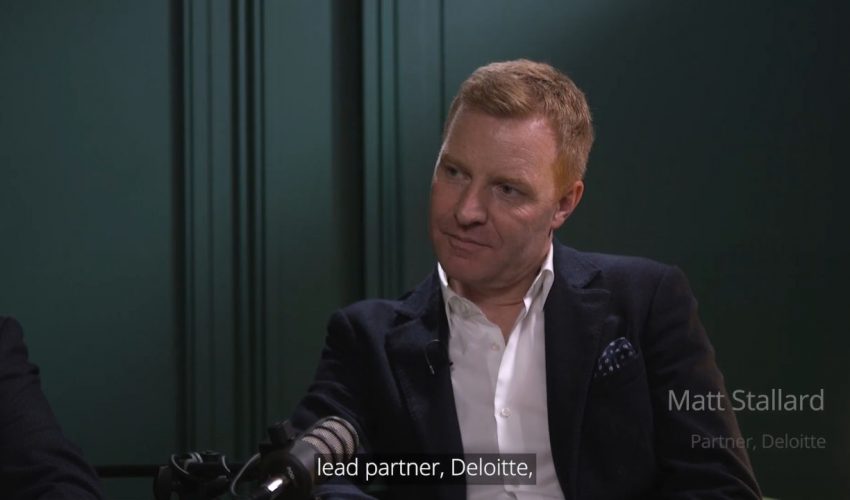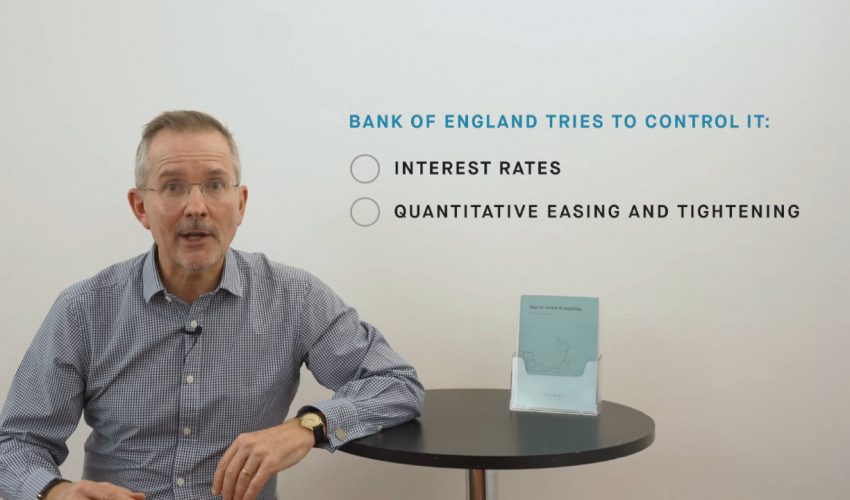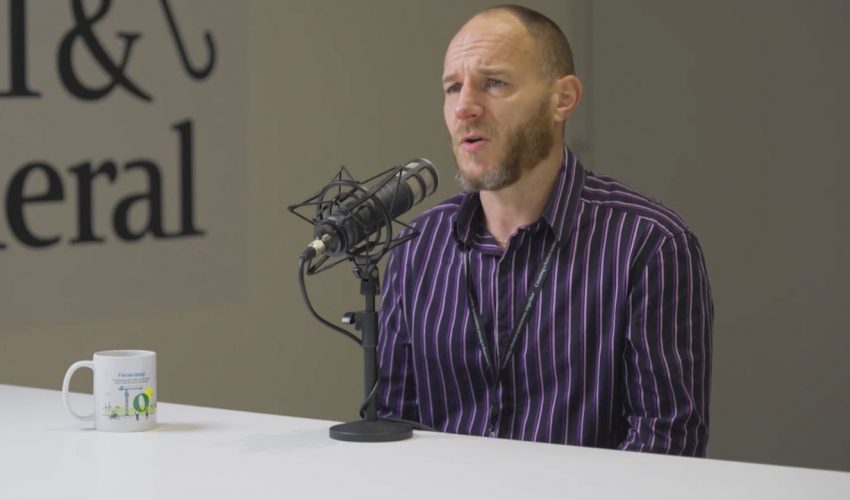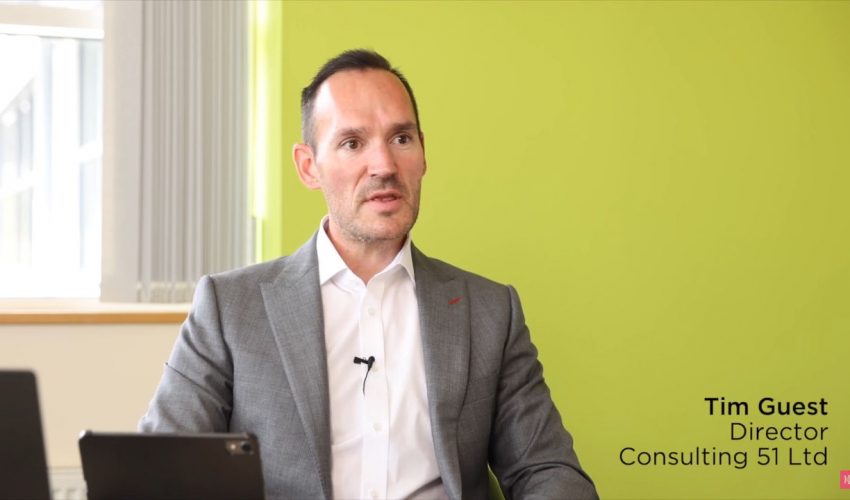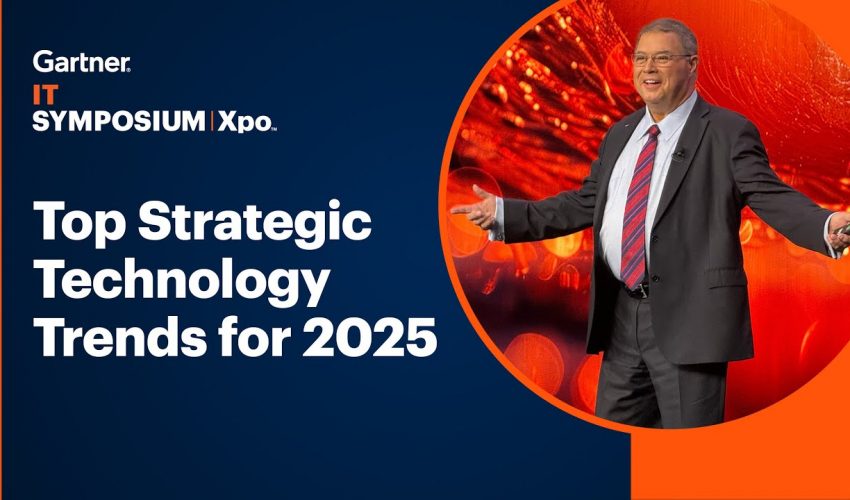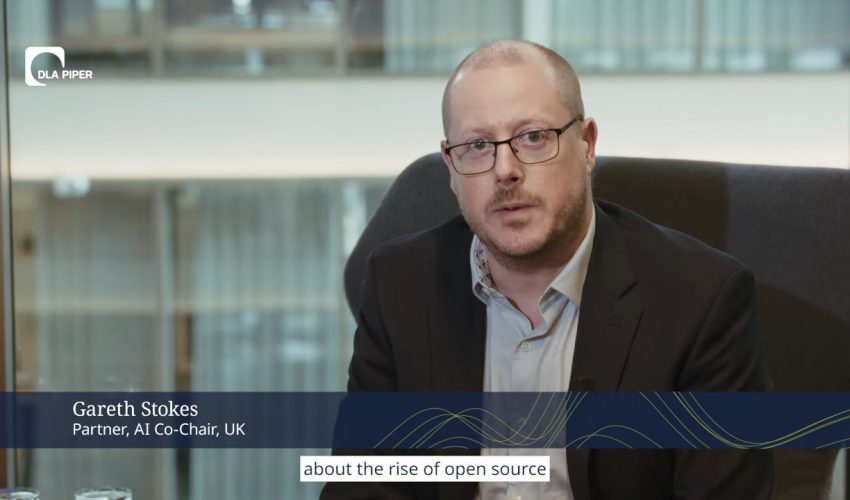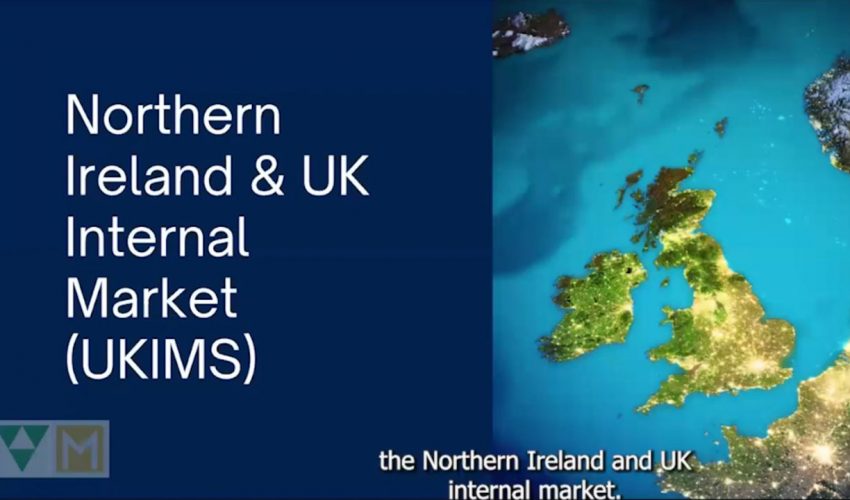Last year, Eurostar and Thalys, two companies with a proud heritage of action on #sustainability, merged to offer a unique network of sustainable high-speed connections across the whole of Northern Europe.
Watch Gareth Williams, the general secretary and chief strategic partnerships officer at Eurostar, speak about Eurostar’s sustainability journey in a conversation with our partners Cornelia Neumann and Federico Ucci.
Oliver Wyman is a global leader in management consulting. With offices in more than 70 cities across 30 countries, Oliver Wyman combines deep industry knowledge with specialized expertise in strategy, operations, risk management, and organization transformation. Oliver Wyman is a business of Marsh McLennan.
Cornelia Neumann
A very warm welcome on this rather chilly morning here in a beautiful St Pancras station. I’m very excited to be engaging in a conversation about the Eurostar sustainability journey with Gareth today.
Gareth Williams
Delighted to be here.
Cornelia
Thank you so much for having this conversation. Gareth, would you mind telling us a little bit about your role at Eurostar?
Gareth
I’m Gareth Williams and I’m the general secretary of Eurostar, which means I have responsibility for a range of strategic topics, including setting up our first service from London to Amsterdam. But I also have the privilege of running the sustainability team within Eurostar.
Cornelia
Eurostar obviously is quite a well-known brand for those of us who travel from Amsterdam to London regularly. Would you mind telling us a little bit about the history of the group?
Gareth
It’s a well-known brand, but it’s a brand that is entering a new chapter in its life. It has brought together, in the last year, two companies that have a very proud heritage of pioneering international high-speed rail services in Europe. The Eurostar that we have here today operated out of London to Paris, Brussels, and, as you say, latterly to Amsterdam, which has been amazing. And Thalys, which ran similar high-speed services from Paris to Amsterdam via Brussels and to Cologne. In the last year, those two companies have come together under the Eurostar banner to offer an amazing network of sustainable high-speed connections across the whole of northern Europe.
Cornelia
As part of your merger, you also had another think about your sustainability journey.
Gareth
Absolutely. A merger is a big decision for any group of shareholders, and we are conscious our shareholders had a choice about where they put their money. Part of the reason they put that investment in Eurostar is that they believe there will be a shift in the motivations for travel over the coming years towards more sustainable choices. And they believe that this business is incredibly well positioned to take advantage of that shift.
Cornelia
Federico, you lead much of our sustainability work in the rail sector [at Oliver Wyman]. Is this something that you see more broadly?
Federico Ucci
Railways have an innate advantage in sustainable transport in Europe because they’re mostly electrified. We need to think that railway operators are generally top of their value chain. They offer to passengers a combination of services that comes from a whole industry behind them, from infrastructure operations to rolling stock building, and their impulse on sustainability all along the value chain is key to decarbonize the industry. For example, most European railways are the first energy consumer of their country.
If the push for renewables doesn’t come from them, who’s best positioned to do it? Similarly, rolling stock manufacturers compete in a very competitive arena to provide rolling stock and therefore they should have very clear guidelines on what sustainability should look like in the rolling stock, so competition is fair across the different players.
Cornelia
Obviously many people might say it’s a bit of an advantage to be operating in an industry that even by the strict standards of the EU taxonomy is classified as sustainable. But that doesn’t mean there’s no sustainability journey for Eurostar to take.
Gareth
A little plug first here: We’re about to be the first railway company that qualifies the European taxonomy on what counts as sustainable. We’re very happy about that. The point is a valid one. The merger brought together two companies with a proud heritage of action on sustainability. Thalys was the first rail company to set and achieve a science-based target for emissions, and Eurostar the first rail company to set a 100% renewables target for its own electricity supply. Both companies have been setting these targets for a very long time. The first carbon target set by Eurostar was, I think, about 15 years ago. There’s a strong history, a strong belief of acting on sustainability within the companies and it would be very easy to rest on those laurels to say you’ve got a structural advantage. So, you’re good.
And part of the work we were doing with Oliver Wyman earlier this summer was trying to find an ambition for the company that challenged that, that broke us out of that “we will just rely on the structural advantages of rail to do the job for us.” And the ambition we ended up setting was to say, we will be the lowest emitting form of international transport short of getting on your bike and cycling across the border. There will be no more sustainable way to travel internationally than us. And that’s an important ambition because the competitive context for the company is changing as well.
Federico
I think it’s key to visualize how the impact on sustainability of railways, be them freight railways or passenger railways, is not only on decarbonizing their own scope, but it’s really on making the whole transportation system of their countries greener, and therefore avoiding emissions from other types of transport. Cars, even electric ones, or planes or other forms of road transport will never be able to match the environmental efficiency of an electric train. And therefore, it is key that we remove all the bottlenecks that today prevent the full development of railways, such as infrastructure, which can improve its compatibility across countries, and then for railways to develop their networks and level of service and punctuality and product, all the thing that Eurostar, for example, does very well.
This transcript has been edited for clarity.































